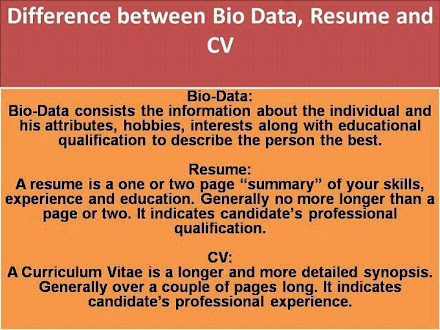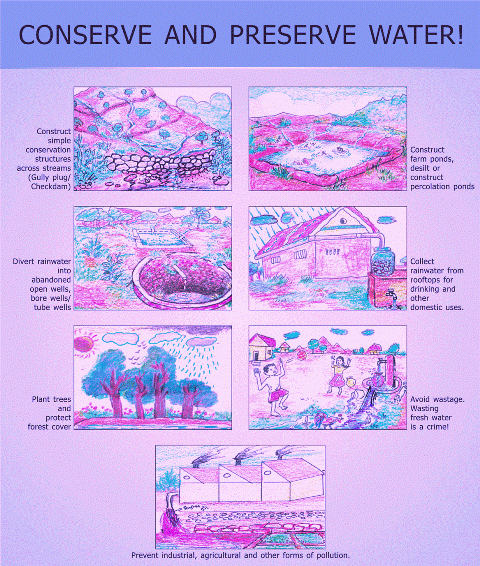THE SEVENTH VILLAGE LEVEL COORDINATION MEETING OF NGO’s WORKING IN KURUMPANAI, KANYAKUMARI DISTRICT
SOURCE: KRRC
Date : 19.01.2006
Time : 11.00a.m. -1.30p.m.
Venue: Parish house, Kurumpanai
The seventh village level coordination meeting of NGOs working for the tsunami affected village of Kurumpanai was held together with the psychosocial coordination on 19th Jan, 2006, at the parish house of Kurumpanai. Twelve participants from eight NGOs were present for the meeting. The meeting was organized and moderated by KRRC.
List of Participant Organisations:
NIHMANS, Care India, CSR, Cadre India, World Vision, DEW, Vinnarasu, Bridge of Hope, ICDS, Good Vision
The meeting started at 11 a.m. Fr. Nithya Sahayam briefly described the salient points from the previous report and the resolutions of the minutes were reviewed. The meeting had two parts. In the first part, a discussion was held on the various activities of NGOs and on current issues. In the second part, the psychosocial needs were specifically discussed.
Sharing by NGOs
Sharing by NGOs
Bridge of Hope attended the meeting for the first time and they shared that they were taking evening classes for 100 children and provided them with evening meals. They would continuously support the same group of students till their higher education.
Vinnarasu shared that they had a widow club (10 members) and a children club (10 members) for whom they provided some educational as well as material supports.
Cadre India had already completed the survey regarding eye care and would soon implement programmes for the identified persons with some deficiency.
CSR was continuing the psychosocial support with the technical supports from NIMHANS – Care India.
DEW attended the meeting for the first time and shared that they were surveying the bonded laborers in the coastal areas. They organized some awareness programmes regarding the bonded labor system prevailing in the coastal areas and planned to further address this problem.
The volunteer of Good Vision shared that they had constructed three fishermen resting sheds, Rs. 2500 loan to 100 widows and they planned to give trainings for alternate livelihoods like poultry, sheep rearing and fancy fish rearing. The individual toilet programme was about to be finalized and started.
The ICDS staff shared regarding the psychosocial support they were providing to the community at individual levels.
Discussions
There were many NGOs involved in programmes for children and it was found that they very much coordinated. The alternate livelihood trainings like poultry and sheep rearing were though very much innovative in the coastal context, the social and community aspects of them needed to be discussed. People needed to be oriented and motivated at the community level for avoiding any problems that might arise due to lack of space, smell and waste water discharges.
The issue of bonded labour system was also discussed. The bonded labour system was quite rampant in a mild and different form. The people were not aware of the way they were exploited by others and general awareness was needed in this regard.
Many health problems as well as family problems were arising in the temporary shelter. The shelters were very much damaged and inappropriate for human living. It was shared that it would take minimum six months for the completion of the permanent shelter and some intervention needed for improving the temporary shelter conditions.
Malaria was on the increase and alcoholism was also found to be quite high. Garbage and wastewater management needed quite urgently.
Psychosocial Care: An in-depth discussion on the psychosocial care needs was held. Various problems of different groups as identified by the participants were evoked from the group. The problems of indebtedness, alcoholism, health problems, poor living conditions at the shelter, poor involvement of the adolescent group in the social activities were identified.
Based on the discussions, the following suggestions were arrived at:
Discussions
There were many NGOs involved in programmes for children and it was found that they very much coordinated. The alternate livelihood trainings like poultry and sheep rearing were though very much innovative in the coastal context, the social and community aspects of them needed to be discussed. People needed to be oriented and motivated at the community level for avoiding any problems that might arise due to lack of space, smell and waste water discharges.
The issue of bonded labour system was also discussed. The bonded labour system was quite rampant in a mild and different form. The people were not aware of the way they were exploited by others and general awareness was needed in this regard.
Many health problems as well as family problems were arising in the temporary shelter. The shelters were very much damaged and inappropriate for human living. It was shared that it would take minimum six months for the completion of the permanent shelter and some intervention needed for improving the temporary shelter conditions.
Malaria was on the increase and alcoholism was also found to be quite high. Garbage and wastewater management needed quite urgently.
Psychosocial Care: An in-depth discussion on the psychosocial care needs was held. Various problems of different groups as identified by the participants were evoked from the group. The problems of indebtedness, alcoholism, health problems, poor living conditions at the shelter, poor involvement of the adolescent group in the social activities were identified.
Based on the discussions, the following suggestions were arrived at:
· To provide a training on family economy to adult group
· To conduct health awareness programmes
· To conduct a focus group discussion with the adolescent girls in the village with the regard to the adolescent issues that are coming up in the village.
· To use Life event theatre as a medium of intervention among adolescent girls and also to bring out the issues.
· For the focus group discussion, it was agreed to divide the adolescent girls on the basis of anbiums.
· It was also agreed that in these focus groups discussion unmarried girls shall also be included.
· NIMHANS to initiate these focus group discussion and 31st January was agreed as the first day for the discussion. The time was fixed as between 2 and 5 pm.
Next PSC VLC meeting would be held on 8th February 2006.







No comments:
Post a Comment